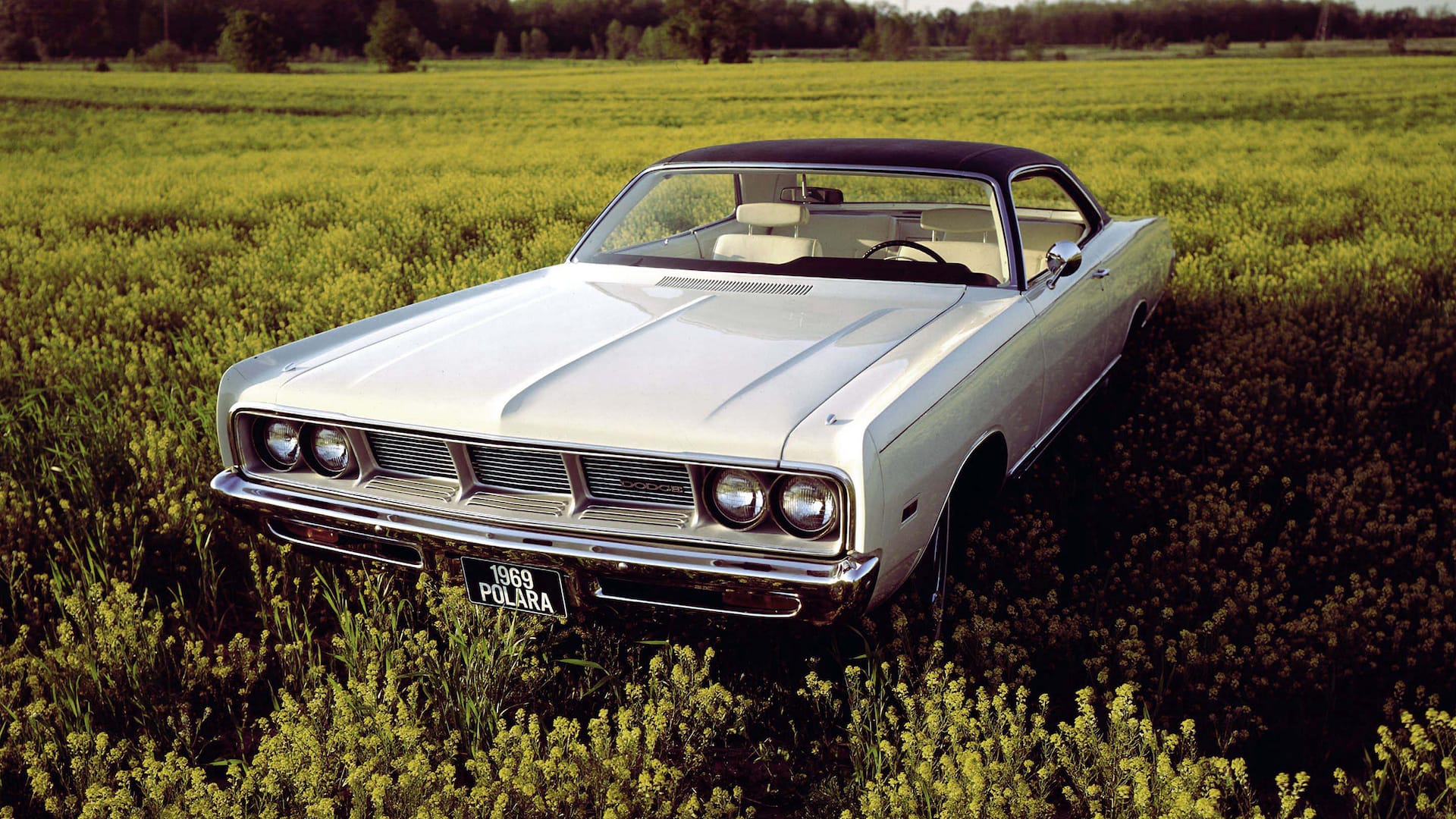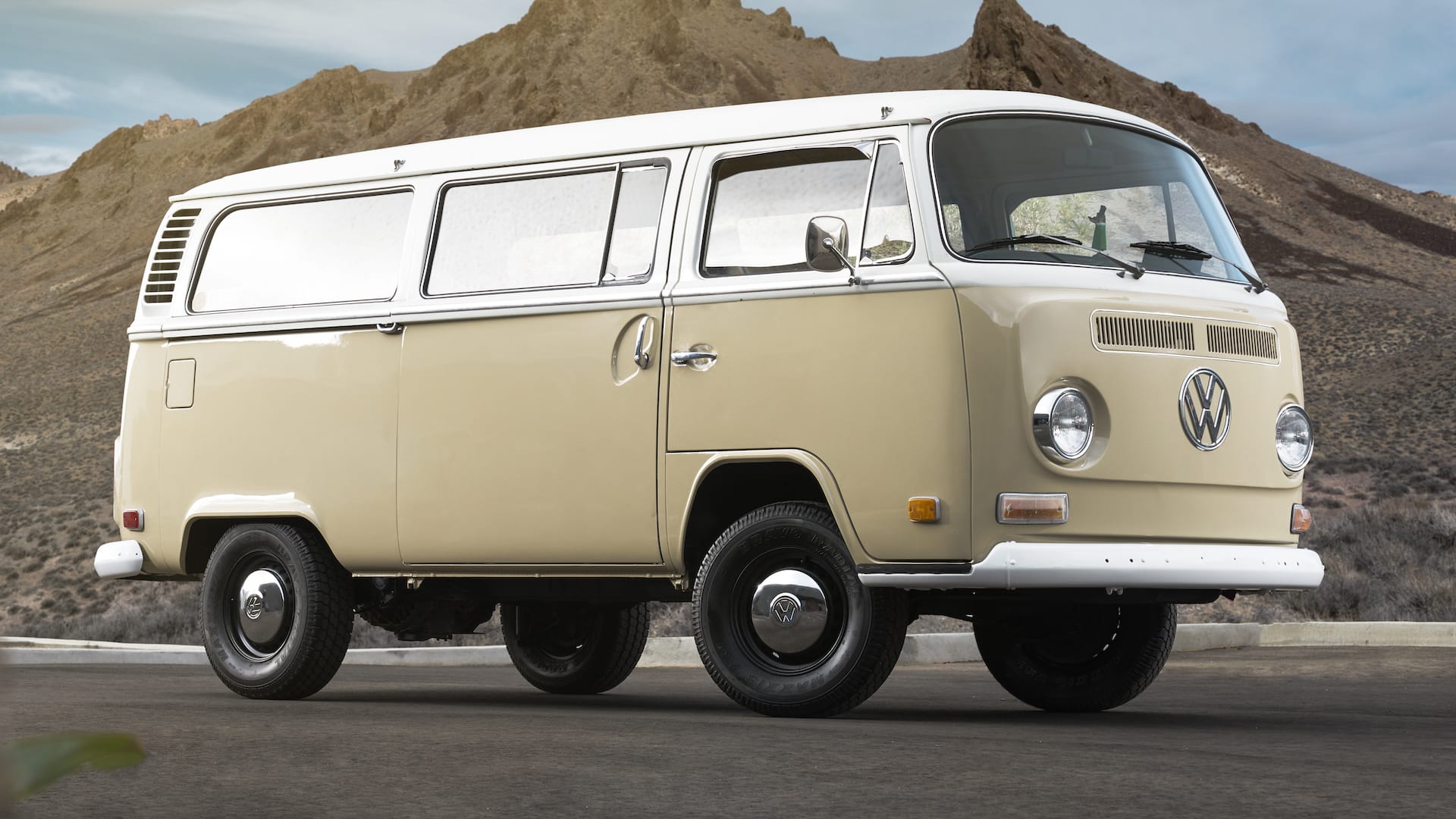Research has uncovered the substantial number of classic cars that fail MOT tests.
Cars more than 40 years old do not legally require an MOT test. However, for additional peace of mind, owners can voluntarily submit their cars to be tested.
DVSA data shows almost a fifth (18.4 percent) of classic cars that are voluntarily tested come back an MOT failure.
With age comes wisdom

Even though MOT tests for older cars are not mandatory, drivers are still responsible for keeping vehicles in roadworthy condition.
Failure to do so can result in a fine of up to £2,500 and three penalty points.
Between January 2019 and June 2021, more than 121,000 non-mandatory MOT tests of classic cars took place.
Newer classic cars were more likely to have problems. A vehicle from the 1970s was three times more likely to fail than one from the 1950s.
Low mileage is not low risk

From the testing data, Dodge vehicles were found to have the highest failure rate. When MOT’d, 55.2 percent of cars and trucks from the American brand did not pass.
Cars from the now-defunct BMC saw a 39.3 percent failure rate, with Volkswagen models the third-highest – on 31.9 percent.
There were no recorded failures for classic cars from Bentley, Saab, Peugeot, Toyota or TVR.
Jessica Potts, head of marketing at BookMyGarage.com, which carried out the research, commented, “The fact that almost a fifth of classic cars failed voluntary MOT tests highlights the importance of classic car owners carrying out regular checks and keeping on top of maintenance.
“Even if a classic car covers a limited number of miles each year, it’s not uncommon for potentially dangerous faults to occur.
“For example, components such as tyres or suspension bushes can perish with age, electrical faults can often cause problems with lights, brake lines can corrode, brake calipers can stick due to a lack of use, and bodywork corrosion can lead to structural problems.”
ALSO READ:
British Motor Museum membership scheme launched
MOT tests: everything you need to know about testing your retro car


